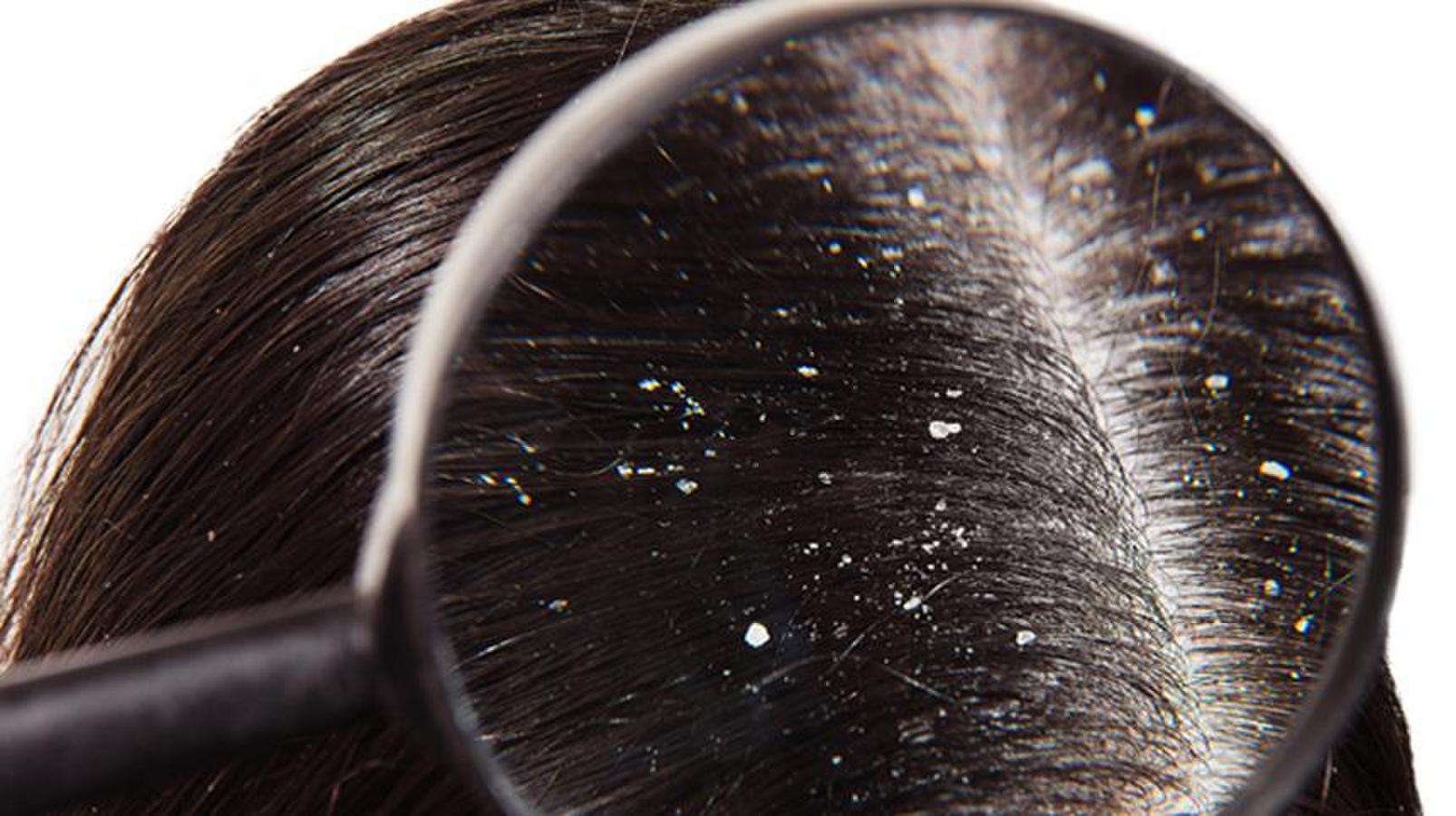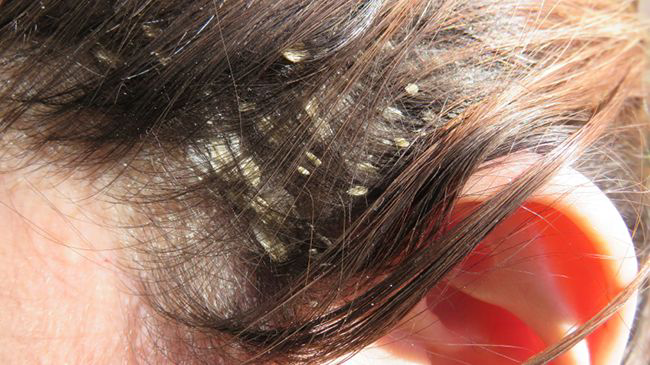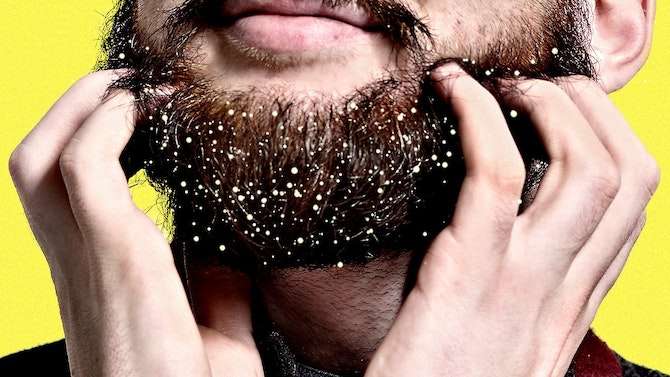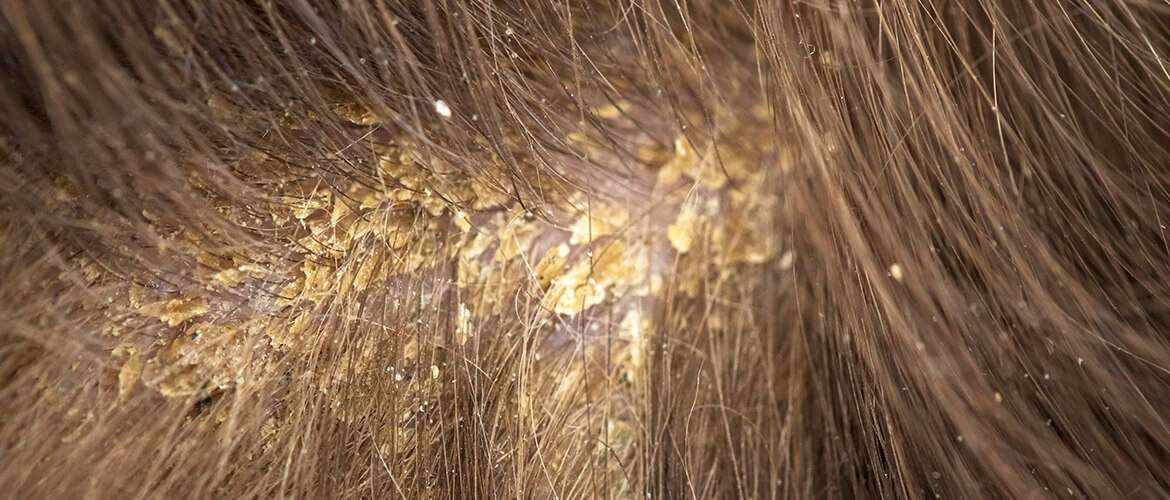Title: Dandruff: Signs, Symptoms, Causes, Risk Factors, Diagnosis, Prevention, Diet, Lifestyle, and Homoeopathic Treatment
Introduction:
Dandruff is a common scalp condition characterized by the presence of white flakes and itching. While it is not a serious medical condition, it can be bothersome and affect self-confidence. Understanding the signs, symptoms, causes, risk factors, diagnosis methods, prevention strategies, diet and lifestyle considerations, and the potential role of homoeopathic treatment can help effectively manage dandruff. In this blog post, we will explore the key aspects of dandruff and its holistic approach to treatment.
Signs and Symptoms of Dandruff:
1. White flakes: Presence of white or grayish flakes on the scalp, hair, and shoulders.
2. Itching: Scalp may feel itchy and irritated.
3. Dryness: Dry scalp can contribute to the formation of dandruff.
4. Scalp redness: In some cases, the scalp may appear red and inflamed.
Common Causes of Dandruff:
1. Seborrheic dermatitis: An inflammatory skin condition characterized by excessive oil production and a yeast called Malassezia on the scalp.
2. Dry skin: Dryness of the scalp can lead to dandruff formation.
3. Sensitivity to hair care products: Some individuals may develop dandruff as a reaction to certain hair care products or ingredients.
4. Poor scalp hygiene: Infrequent shampooing or inadequate cleansing of the scalp can contribute to dandruff.
Risk Factors for Dandruff:
1. Age: Dandruff is more common during adolescence and early adulthood.
2. Gender: Men tend to be more prone to dandruff than women.
3. Oily scalp: Excessive oil production on the scalp can increase the risk of dandruff.
4. Certain medical conditions: Individuals with conditions like Parkinson's disease, HIV/AIDS, or compromised immune systems may have a higher risk of developing dandruff.
Diagnosis of Dandruff:
Diagnosing dandruff is usually based on the appearance of the scalp and the presence of flakes. In some cases, a healthcare professional may examine the scalp and take a small sample for further analysis to rule out other skin conditions.
Prevention Strategies for Dandruff:
1. Regular scalp hygiene: Wash your hair and scalp regularly with a mild shampoo to remove excess oil, dead skin cells, and product buildup.
2. Avoid harsh hair care products: Use gentle, pH-balanced shampoos and conditioners that are suitable for your hair type.
3. Maintain a healthy scalp: Keep your scalp moisturized and avoid excessive dryness or oiliness.
4. Manage stress levels: Stress can worsen dandruff symptoms, so practice stress-reduction techniques like meditation or yoga.
Diet and Lifestyle Considerations:
1. Balanced diet: Ensure you consume a nutrient-rich diet that includes fruits, vegetables, whole grains, and lean proteins to support overall scalp health.
2. Hydration: Drink an adequate amount of water to maintain scalp and skin hydration.
3. Limit processed foods: Minimize the consumption of processed foods high in sugar and unhealthy fats, as they can contribute to inflammation and scalp issues.
Homoeopathic Treatment for Dandruff:
Homoeopathic treatment for dandruff aims to address the underlying causes, reduce scalp inflammation, and restore scalp health. Some commonly used homoeopathic remedies for dandruff include:
1. Natrum muriaticum: Indicated for dandruff with an oily scalp and itching.
2. Graphites: Recommended for dandruff with thick, sticky discharge and intense itching.
3. Kali sulphuricum: Useful for dandruff with a yellow, flaky scalp and hair loss.
It is important to consult a qualified homoeopathic practitioner for an accurate diagnosis and individualized treatment plan based on your specific symptoms and overall health.
Conclusion:
Dandruff can be a frustrating scalp condition, but with proper understanding and management, it can be controlled. By recognizing the signs, understanding the causes, implementing prevention strategies, considering diet and lifestyle modifications, and exploring homoeopathic treatment as a complementary approach, individuals can effectively manage dandruff and promote a healthy scalp. Remember to consult healthcare professionals for an accurate diagnosis and to create a comprehensive treatment plan tailored to your specific needs.





Leave a Message